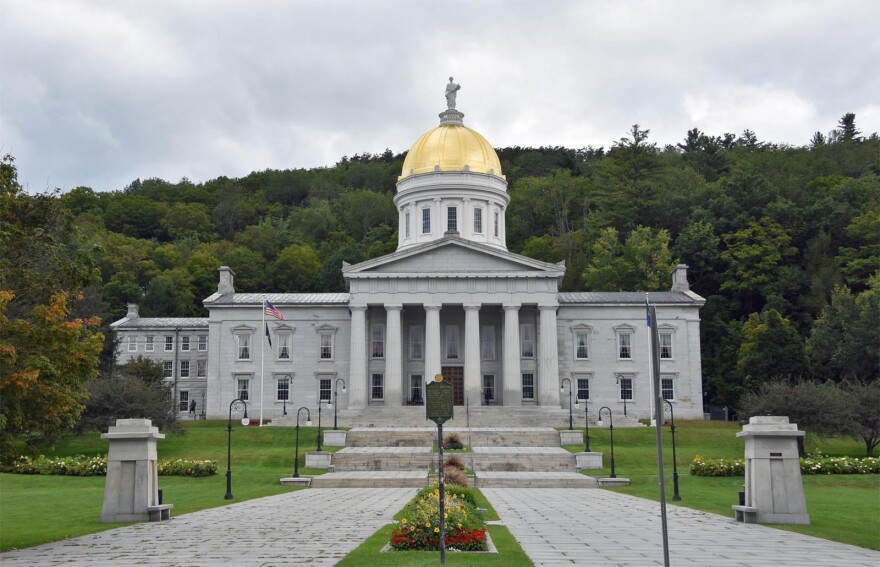The Vermont Legislature’s Joint Fiscal Committee met late last week to discuss the impact of federal funding changes on the state. State leaders expressed concerns about potential cuts due to the government shutdown.
The meeting was held to get a regular update on federal revenue and the impacts because of the shutdown
Sarah Clark, Secretary of Administration described state planning as the federal shutdown continues
“We are getting weekly communications from across all of our agencies and departments specific to the government shutdown and what are their concerns, both from a funding perspective, but also from an operational perspective,” Clark said. “There's a lot of unknown right now that we're trying to navigate.”
State Treasurer Michael Pieciak said they are assessing both contingency plans and how rating agencies are approaching shutdown finances.
“Think there are two big questions. One is, will these funds that have continued to flow during the shutdown? Will they continue to flow, particularly some of the bigger dollar amounts, like with Medicaid. And then if there are expenditures of state funds in anticipation of federal funds, will those be reimbursed?” Pieciak pondered.
Potential cuts to Medicaid are of concern. Agency of Human Services Chief Financial Officer Tracey O'Connell told the committee the state has received its federal Medicaid award through December.
“That award is about $420 million. The average monthly spend for both Medicaid program or services and benefits and admin funds is about $140 million. So at this time, we do not anticipate any impacts to Medicaid.”
O’Connell added that the state’s SNAP Program, also called 3Squares Vermont and supporting more than 63,000 individuals in the state, could face the most severe impacts from the shutdown.
“We received a letter from the USDA that we are trying to still find out more information on,” O’Connell said. “That letter says if the current lapse in the appropriation continues, there will be insufficient funds to pay for the November SNAP benefits, essentially saying that that SNAP will end or will not continue in November.”
O’Connell added that the Agency of Human Services has limited information and a federal shutdown contingency plan appears to prohibit states’ ability to backfill SNAP funding with any state funds.
Committee members heard from representatives of the state’s Congressional delegation.
State Director for the Office of Senator Bernie Sanders, Katie Van Haste, advised the state representatives to stay in close contact with the federal delegation
“Don't assume that your congressional offices know exactly what's going on. We're all on the same team here trying to figure out what's going on. But the more you can help us identify what key funding mechanisms and gaps and reliances are, the better we can do to even make sure that some of that is clearly articulated in some future - fingers-crossed - funding deal.”
As he questioned the state treasurer, Representative Charles Kimball, a Democrat from Woodstock, expressed frustration with the federal government.
"I mean it's difficult dealing with an unreliable but very important partner in the federal government. We can't quite secede from the Union though, can we?"





